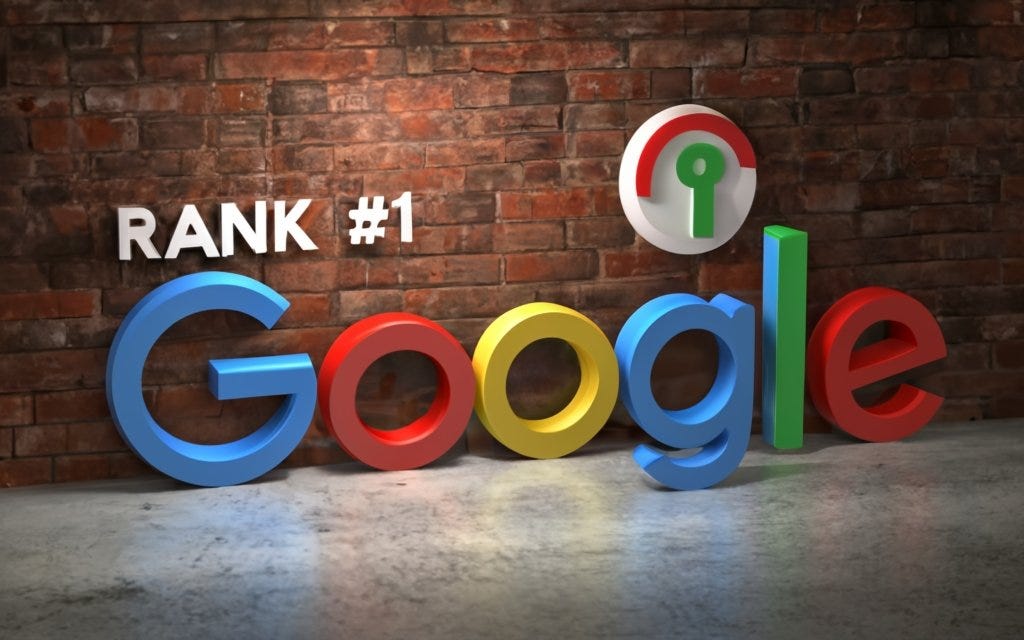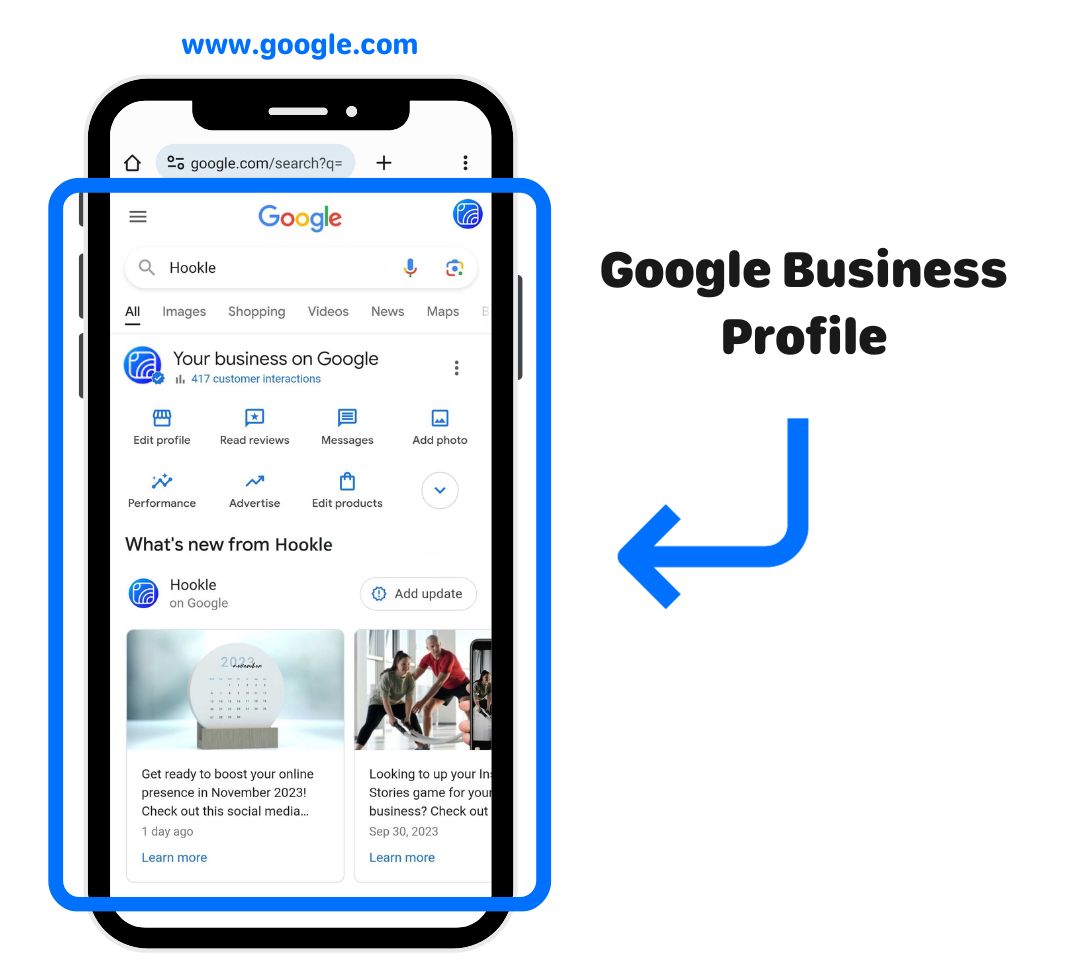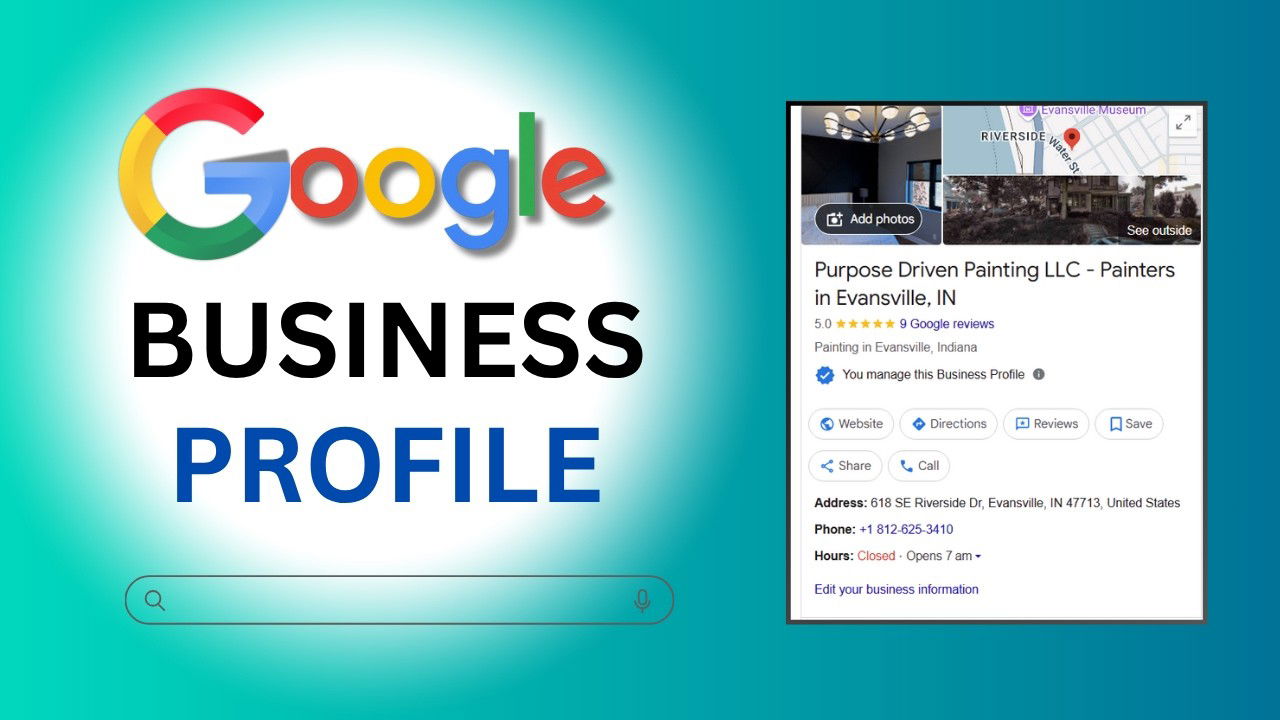
What is SEO for website ?
SEO stands for Search Engine Optimization, and it's the process of improving your website and its content to rank higher in search engine results pages (SERPs). When someone searches for something online, like "best restaurants near me" or "how to repair a leaky faucet," the search engine will show them a list of results. The goal of SEO is to get your website to appear near the top of those results for relevant search terms.
Here's a breakdown of how SEO works:
On-page Optimization:
- Keywords: Using relevant keywords throughout your website content, including titles, headers, and meta descriptions.
- Content Quality: Creating high-quality, informative, and engaging content that users actually want to read.
- Website Structure: Ensuring your website is well-structured and easy for both users and search engines to navigate.
- Technical SEO: Making sure your website is technically sound, with fast loading times and mobile-friendliness.
Off-page Optimization:
- Backlinks: Getting other websites to link to yours, acting as a vote of confidence and indicating your website's relevance.
- Local SEO: Optimizing your website for local searches if your business has a physical location.
- Brand Mentions: Generating positive mentions of your brand online through social media, online communities, and other channels.
Benefits of SEO:
- Increased website traffic: Higher ranking in search results means more people will see and visit your website.
- Increased brand awareness: SEO can help people discover your brand who wouldn't have found you otherwise.
- Targeted traffic: By optimizing for relevant keywords, you attract visitors who are actively searching for what you offer.
- Cost-effective marketing: Compared to traditional advertising, SEO can be a more cost-effective way to reach your target audience.
- Long-term benefits: Effective SEO strategies can deliver long-term results, with rankings often improving over time.
Remember, SEO is an ongoing process, and the algorithms of search engines like Google are constantly evolving. To stay ahead of the curve and achieve lasting success, it's important to keep learning and adapting your SEO strategies.










